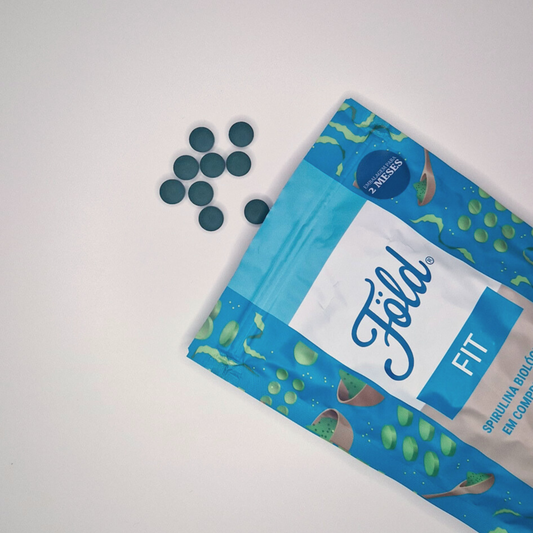The intestine is inhabited by trillions of organisms such as bacteria, viruses, protozoa or fungi. This flora, which can weigh almost as much as our brain, is called intestinal microbiota.
Much has already been discovered about the intestinal microbiota, and Science has made several advances in determining the relationship between the intestinal microbiota and the immune system. The balance and diversity of our microbiota have a direct relationship with our immune response.
Discover some ways in which the intestinal microbiota contributes to strengthening the immune system:
-
Immune Stimulation: the microbiota provides a constant stimulus to the immune system. The presence of benign bacteria in the intestine stimulates immune system cells to remain active and prepared to respond to foreign invaders.
-
Physical Barrier: A healthy microbiota helps maintain a physical barrier in the intestinal lining, which prevents pathogens and harmful substances from entering the bloodstream.
-
Competition for Resources: beneficial bacteria in the microbiota compete for resources with pathogenic bacteria, preventing the latter from multiplying to dangerous levels.
-
Prevent Inflammation: An imbalance in the gut microbiota can lead to chronic low-grade inflammation in the body. Inflammation has been linked to mood disorders such as depression and anxiety.
-
Production of antimicrobial agents: some beneficial bacteria in the microbiota produce antimicrobial substances that help eliminate pathogens.
-
Production of Short-Chain Fatty Acids: the fermentation of fibers by the microbiota results in the production of short-chain fatty acids, which have anti-inflammatory properties and can positively influence the immune system.
-
Regulation of Immune Cells: the microbiota also regulates the activity of immune cells, such as T and B lymphocytes, which play important roles in the immune response.
It is important to highlight that the relationship between microbiota and the immune system is bidirectional. Just as the microbiota influences the immune system, the immune system also influences the composition and balance of the microbiota. Therefore, maintaining a healthy and balanced intestinal microbiota is crucial for a strong and effective immune system.
One of the most effective ways to strengthen our immune response is to properly nourish this ecosystem that lives in our intestines, acting as a preventative measure.
There are nutrients that especially strengthen the intestinal microbiota such as Zinc, Magnesium, Selenium, Proteins, Vitamin C, A and B
Föld Imuno nourishes both the microbiota and the immune system. It has a unique composition especially rich in:
-
Fibers that can serve as food for beneficial bacteria in the intestine, and which promote the diversity of the intestinal microbiota.
-
Unsaturated fatty acids (such as Omega-3) with anti-inflammatory properties and which can positively influence intestinal health.
-
Vitamin C, which has antioxidant properties, benefiting general health.
-
Vitamin B6, important in the synthesis of neurotransmitters, antibodies and hemoglobin. It interferes with the action of some hormones, such as testosterone. Our body has little storage capacity for this vitamin, so its daily intake is recommended within the recommended daily doses.
-
Magnesium, which plays a role in the absorption of nutrients in the gastrointestinal tract, promoting intestinal motility.
-
Iron: Gut bacteria have different iron needs, and the availability of iron can favor the growth of certain types of bacteria over others.
Recommended daily dose of Föld Imuno: 30g
Add to yogurts, milk or vegetable drinks, cakes, salads, smoothies, pancakes or wherever your imagination sparks!
Article written by Vera Torégão - Farmacêutica
























